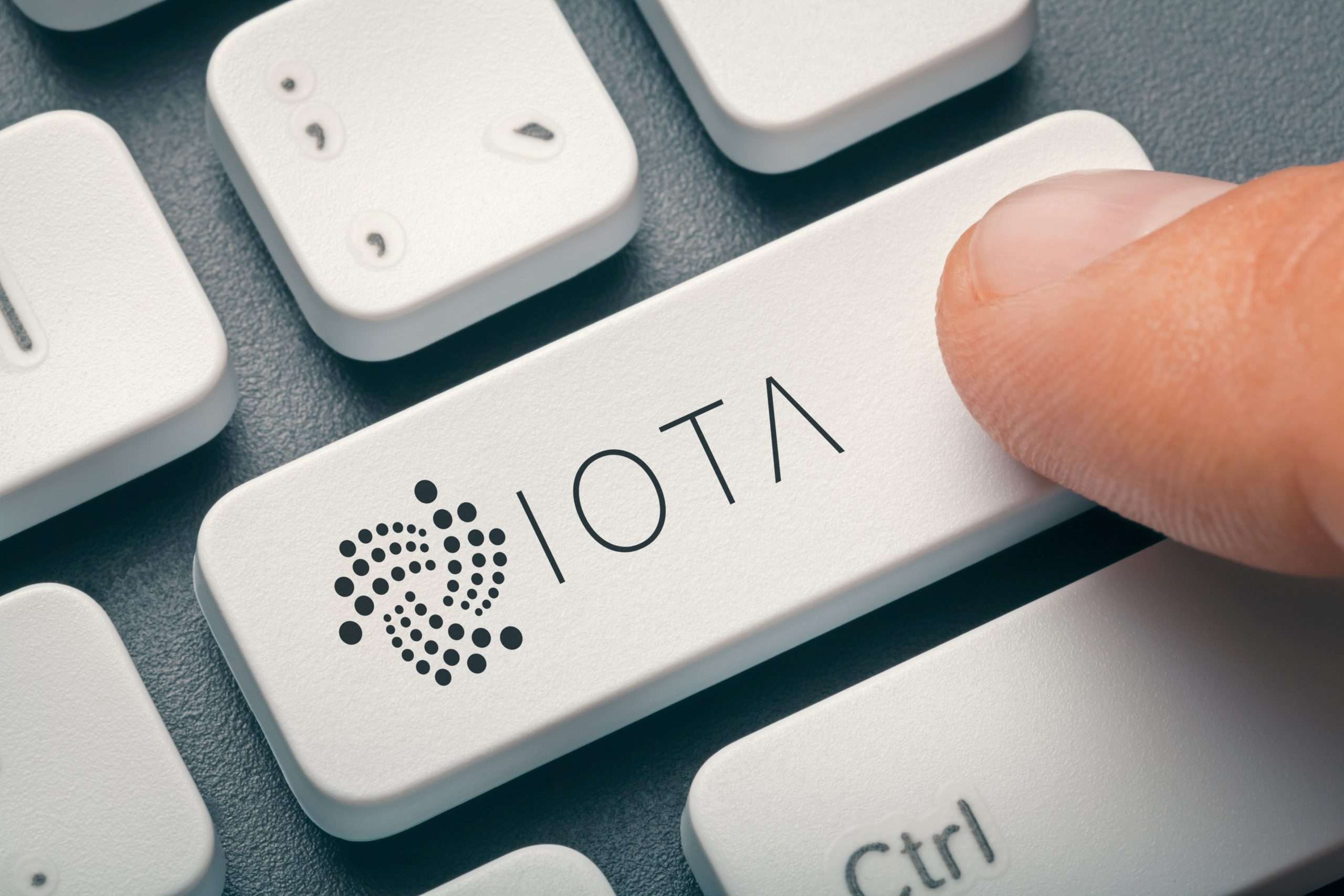
- The IOTA Foundation successfully completed the testing of Phase 2A of the EU blockchain Pre-Commercial Procurement.
- In Phase 2B, IOTA will complete the field testing of the IOTA Stardust solution including tokenization and smart contracts.
Over the last few months, the IOTA blockchain network has been working closely with the European Commission to bring blockchain services pan Europe. In the latest development, they have completed the rigorous testing of Phase 2A of the EU blockchain Pre-Commercial Procurement.
As a result, the IOTA foundation will now proceed to the next phase of implementing its distributed ledger solution on a large scale across the entire Europe. Dubbed the European Blockchain Pre-Commercial Procurement (PCP), this next phase will test if it is possible to develop and test novel blockchain technologies for its use in the future to improve network capacities and use cases of the European Blockchain Services Infrastructure (EBSI).
[ICYMI] #IOTA is selected for next phase of EU blockchain Pre-Commercial Procurement to develop & test a #DLT solution for delivering improved European-wide blockchain services. https://t.co/RHvbIELjhL@EU_Commission @EU_EBSI. pic.twitter.com/5xJ6AJq5NV
— IOTA (@iota) January 27, 2023
Here, EBSI will serve as the infrastructure platform to enable the flow of verified information among enterprises, institutions, and individuals across the European Economic Area. The European Blockchain Partnership established EBSI back in 2019 with the goal to build a distributed ledger network across the European community.
They plan to leverage distributed ledger for cross-border services between individuals, governments, and businesses. The goal of EBSI is to enhance cross-border mobility, enforce compliance with EU regulations, reduce the wastage of resources, as well as encourage the growth of tech hubs and projects to make digital services more trustworthy.
IOTA Foundation’s Strong Track Record
The European Commission stated that the IOTA Foundation has a strong track record in implementing previous projects. It added that the IOTA Foundation was successful in implementing the tasks for Phase 2A of EBSI: “Prototype Development and Lab Testing”.
Over the last six months, the IOTA Foundation piloted the first prototype versions of two use-cases:
- The cross-border management of Intellectual Property Rights for creative work.
- Digital Product Passports for digital waste recycling and electric vehicle batteries.
In their assessment, the European Commission also reviewed the sustainability, throughput, scalability, technical maturity, security, and commercial viability of IOTA. Speaking on the development, Dominik Schiener, Co-Founder and Chairman of the IOTA Foundation said:
I am proud of the work the IOTA team has put together over the last six months and excited for us to be selected for the next phase of this exciting project. Bringing distributed ledger technology to the European market is something we are passionate about.
No spam, no lies, only insights. You can unsubscribe at any time.
The IOTA technology already shares the same core values with EBSI, so we have felt it has been a very natural fit throughout this testing process. We are very confident in our ability to bring distributed ledger technology to the European market and look forward to the next phase.
Now, the IOTA Foundation will advance to Phase 2B dubbed “Final Solution Development and Field Testing”. Here, it shall complete the field testing of the IOTA Stardust solution including tokenization and smart contracts. IOTA will further extend the use cases started in Phase 2A while testing the interoperability with EBSI 1.0.
Crypto News Flash does not endorse and is not responsible for or liable for any content, accuracy, quality, advertising, products, or other materials on this page. Readers should do their own research before taking any actions related to cryptocurrencies. Crypto News Flash is not responsible, directly or indirectly, for any damage or loss caused or alleged to be caused by or in connection with the use of or reliance on any content, goods, or services mentioned.




















